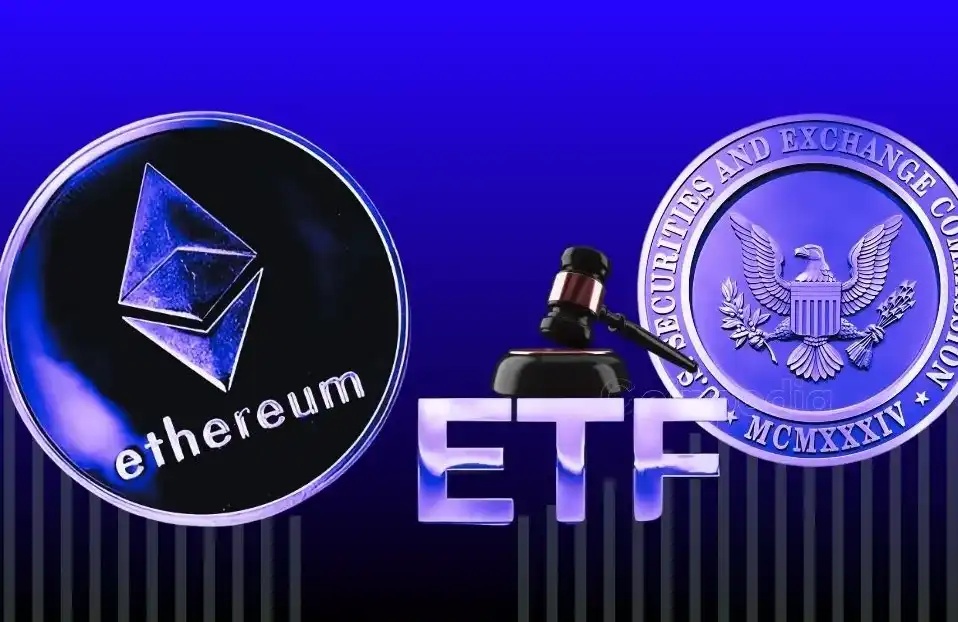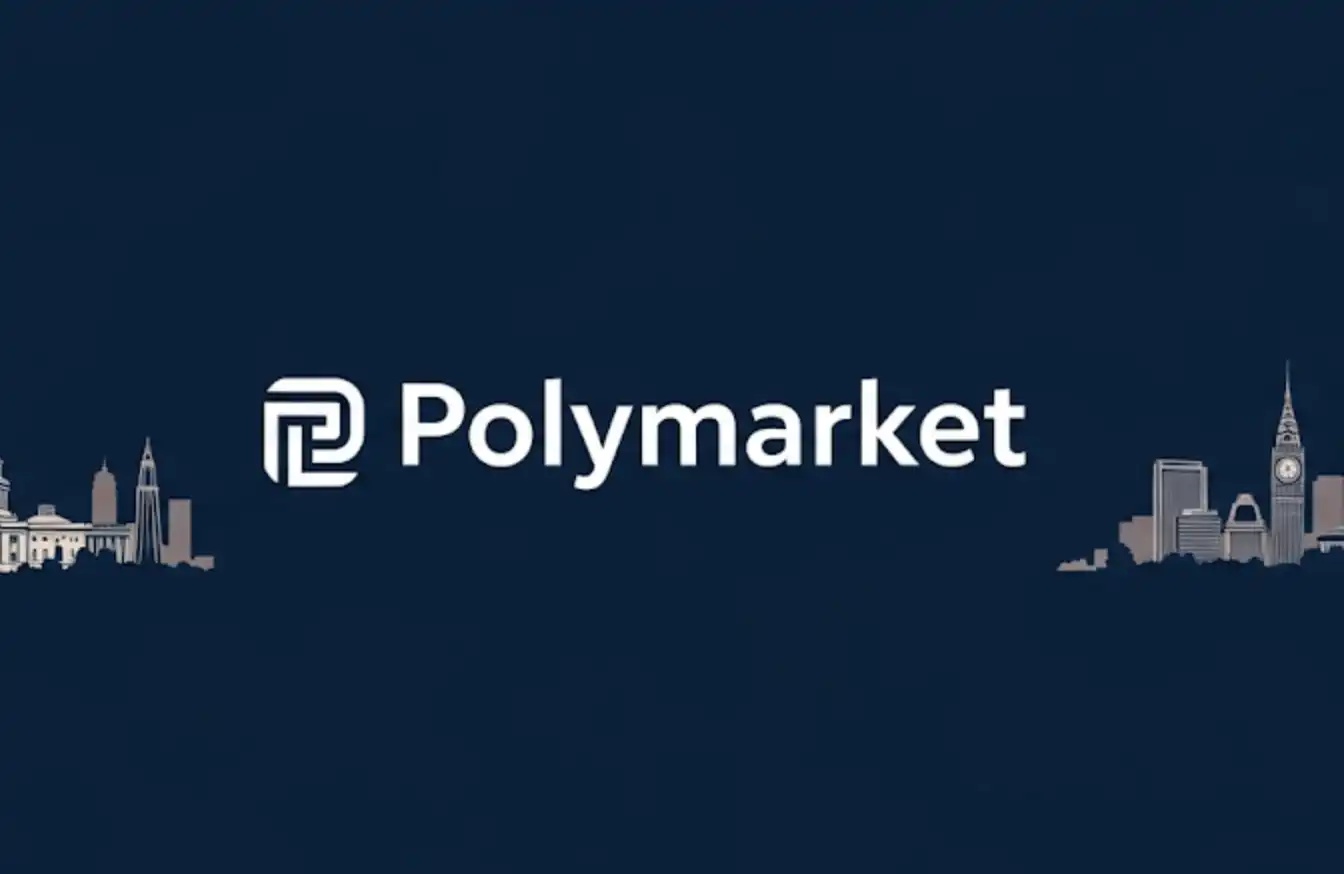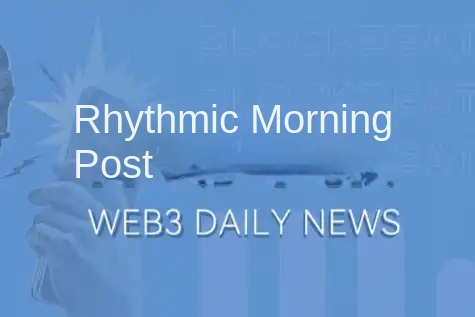1 Billion USD Ticket Purchase, Predicting Titan's "Comeback" to the United States
\"Polymarket is finally coming home,\" said Polymarket's American founder Shayne Coplan, unable to hide his excitement, as he expressed multiple times on social media.
If there is any project from the cryptocurrency world that has emerged from this cycle and disrupted the traditional form, and has not yet issued a coin, Polymarket is definitely the most substantial one. This platform, which influenced the U.S. presidential election prediction, recently acquired a small derivatives trading platform QCX for $112 million, and with the help of QCX's \"license,\" Polymarket can finally legally reopen services for U.S. users.
Polymarket founder Shayne Coplan is very excited to officially return to the U.S. market
Looking back on the past three years, Polymarket's journey in the U.S. has not been smooth. In 2022, due to the lack of a derivatives compliance license, Polymarket was sued by the CFTC and fined $1.4 million, forced to \"commit\" to exit the U.S. market and block U.S. users.
In the 2024 U.S. election, it was also a year of fame for Polymarket. Based on its accurate prediction of Trump's victory and explosive trading volume, it became the media's praised \"on-chain opinion poll.\" However, it was this success that once again made the platform the focus of investigations by the U.S. Department of Justice (DOJ) and CFTC. Even founder Shayne Coplan's apartment in New York City was raided by federal authorities and all his laptops were confiscated. Although no charges were ultimately filed, this regulatory pressure once put Polymarket on the brink of \"life and death.\"
It wasn't until 2025 that the situation took a turn. With the Trump administration taking office, the cryptocurrency industry received a strong signal of policy relaxation. The U.S. Department of Justice and CFTC subsequently announced the formal end of all investigations into Polymarket, clearing the way for its return to the U.S.
Polymarket founder Shayne Coplan has reclaimed his phone
Instead of slowly building a compliance application and waiting three to five years for approval, it's better to \"just buy one ready-made,\" which is the most common compliance \"shell\" technique in the cryptocurrency world.
There is not much public information about QCX online, and it is relatively unknown. From the limited information available, it can be seen that this small derivatives trading platform started applying for both DCM (Designated Contract Market) and DCO (Derivatives Clearing Organization) licenses in 2022, and it was not until July 9, 2025, that it was officially approved. This compliance framework can be considered a "scarce resource" in the U.S. digital asset industry—only platforms with DCM/DCO licenses can truly provide a channel for U.S. domestic traders, brokers, and large funds to deposit U.S. dollars, settle transactions, and engage in legal futures contract trading.

Polymarket has spent $1.12 billion to complete an acquisition, almost serving as the ultimate demonstration of "buying time with money." Compared to the uncertainty of years of in-house development and regulatory gamesmanship, this move directly opens the door to the U.S. mainstream market, allowing the platform to potentially transform overnight from an "illegal gray industry" to a "U.S. compliant giant."
According to Similarweb's data, 25% of Polymarket's website visitors are from the U.S., with the next four countries with the most visitors being Canada at 6.3%, the Netherlands at 6%, Vietnam at 5.9%, and Mexico at 5%. Before the CFTC settlement, the U.S. market share was between 34% and 54%. Although Polymarket prohibits the use of its platform by U.S. users, the market demand has always been there, but the gameplay has become more underground. For example, users can still use Polymarket through a virtual private network, and another workaround is to use a Telegram bot based on Polymarket, which can also bypass KYC.
After acquiring QCX, Polymarket quickly climbed to the top of the app store and the community's enthusiasm skyrocketed, seemingly heralding another surge in decentralized prediction market activity.
The "Suit Controversy" Is Not Over, How Will Polymarket Change Its "Algorithm"?
Unlike traditional centralized prediction platforms, Polymarket uses a decentralized settlement mechanism. While this brings significant innovation and efficiency gains, this settlement method has also shown some drawbacks, especially after the "Suit" controversy involving Ukrainian President Zelenskyy on Polymarket this month.
The prediction of "Will Zelenskyy appear in a suit before July" became popular because Zelenskyy has mostly been seen in camouflage military uniforms, and him wearing a suit would be seen as a signal event. After the actual meeting took place, the question of whether Zelenskyy wore a suit that day or not unexpectedly sparked a huge controversy.
Why? Because Zelensky was wearing a dark jacket with a shirt and tie that day, which looked very "formal," but not entirely a traditional suit, and media reports were also inconsistent: some said he was wearing a suit, while others disagreed. Therefore, users on Polymarket who bet on "will wear a suit" and "will not wear a suit" each found evidence, searched for news, and argued on social media endlessly. Since the settlement of such markets relies on the UMA Optimistic Oracle (i.e., community proposal + vote adjudication), the ultimate decision on the market outcome was made by a group of UMA token holders through a vote.
However, the voting process for this event revealed a significant division—most ordinary participants believed that "Zelensky was not wearing a traditional suit," but due to the highly concentrated voting power in UMA, whale accounts (large holders) held the vast majority of voting power. Through concentrated voting, they concluded that "yes, Zelensky was wearing a suit." Now, users who bet on "will not wear a suit" were not happy, questioning the fairness of this decision, and some even accused vote manipulation or "bribery."
The UMA team acknowledged in an official statement that such highly subjective on-chain predictions require a higher-dimensional security and multi-party adjudication mechanism; relying solely on token voting and a simple Schelling Point can indeed be easily influenced by financial power. As for how to make prediction market resolutions more fair and effective, it seems that the Polymarket team is continuously working on upgrades.

Currently, Polymarket has launched a 4% annualized reward for the 2028 U.S. election holdings, while also indicating plans to introduce new rewards and Oracle solutions later this year
According to UMA's announcement earlier this year titled "UMA and Polymarket are using EigenLayer to build the next generation prediction market Oracle," we can see that UMA, Polymarket, and EigenLayer are researching further methods to identify bribery as the truth between entities. This will enable the next generation Oracle to handle more subjective prediction market resolution tasks, benefiting from additional inter-entity security brought by EigenLayer and the EIGEN token, thereby preventing bribery.

The UMA Oracle (Optimistic Oracle) is one of the few solutions in the industry that can handle complex issues and disputes. Its mechanism is as follows: someone (or AI) provides an answer first, then it is open for the community and UMA token holders to vote. If someone disputes it, they can raise an objection and enter arbitration.
The arbitration process will use a "Schelling Point" theory to incentivize voters to spontaneously choose the answer that is most likely to be "what the majority thinks is right" in order to maximize their own interests. UMA's optimistic oracle has a significant efficiency advantage in this approach, but the downside of a "bribery attack" is also very apparent, such as large holders privately bribing voters to collude in making false rulings. This was also a point of criticism for Polymarket for a long time.
From the article, we can see several directions:
First is Dynamic Bonding and Variable Challenge Periods. As the name suggests, this approach no longer sets a fixed deposit amount and dispute resolution standard for all markets but adjusts them flexibly based on each market's actual activity, risk, and betting amount. For example, in a market with high dispute, impact, and betting amount like "election results," there is ample time given for investigation and appeals. Higher deposits and longer arbitration periods prevent malicious operations. In contrast, in smaller markets like "will it rain tomorrow" or "Bitcoin's price," deposit and arbitration time can be lower, increasing efficiency with shorter periods or even automatic settlements.
Moreover, with the advancement of AI technology, Polymarket is actively exploring ways to involve AI robots in the decision-making process. AI can quickly and automatically gather diverse information from mainstream media, news, images, etc., make initial judgments on factual results, or assist in organizing evidence to help community members reduce a significant amount of repetitive verification work. Additionally, AI can detect potential abnormal voting behavior or data fluctuations, issue early warnings, and assist in making more rational and scientific judgments. Although AI currently does not directly determine market results, its "assisted decision-making" capability is quietly transforming the arbitration process, driving the entire prediction market towards a more efficient and intelligent direction.
Preventing large holders from bribery and manipulating results is another challenging issue in decentralized governance. In the past, if a whale player colluded with voters to commit fraud, it was entirely possible to hijack market fairness. To address this, Polymarket has introduced EigenLayer, a new Ethereum ecosystem project, and its "re-staking" mechanism. Simply put, any voter wishing to participate in arbitration must stake mainstream assets such as ETH as a deposit and agree that if any wrongful or collusive behavior is detected, these deposits will be confiscated. By imposing this high economic cost, the system significantly raises the threshold for cheating, forcing attackers to bear a great cost to carry out manipulation. As a result, regular users actually gain a sense of security and trust. EigenLayer is also studying the concept of "subjective security," which aims to use more dimensions of community involvement and diverse staking assets so that even highly controversial or subjective market issues can better converge to the "on-chain truth" in a maximal consensus style.
In short, holding only UMA tokens makes it difficult to hijack the entire outcome of the prediction. In the future, Polymarket may introduce other assets, such as ETH, that are harder for whales to control as a synthetic asset. Many in the community speculate that Polymarket may even have its own native token.
This has also sparked discussions about Polymarket's next capital roadmap: token issuance or IPO listing?
Is Token Issuance a Better Way Out?
The question of "Why not just issue a token as an incentive directly?" is quite common. Some believe that going through the process of synthetic assets, oracle fees, and staking ultimately leads back to the most direct route of "token issuance - airdrop - incentive." Why not just lay the cards on the table from the beginning? However, from a governance and security perspective, many see the value of a new mechanism. For example, through mechanism design, the influence of a single whale can be diluted, allowing both the platform's native token and external tokens (such as UMA and ETH) to participate in governance staking, embedding a multi-asset structure into the underlying rules to ensure that each market and participant can have a sense of ownership and voice. This approach is not only redundant in terms of security but also safeguards community vitality.
If Polymarket indeed chooses token issuance, the changes it brings are not only at an economic level. Firstly, the mechanism itself is much more flexible than single-chain governance, supporting different markets to vote and arbitrate using different tokens, enabling the community to adjust voting weights and thresholds, turning the diversity of the Web3 scene into an advantage. Secondly, issuing a token can directly drive community consensus, stimulate more active participation from genuine users, content contributors, and governance participants, intertwining DAOs and "on-chain gamified operations" to form a self-reinforcing positive feedback loop. The benefits for the capital market are inevitable; whether users, LPs, liquidity providers, or developers, everyone is willing to hold tokens to participate, driving liquidity growth and enriching the ecosystem.
More importantly, after issuing a token, Polymarket can seamlessly integrate with DeFi, liquidity pools, cross-chain protocols, and other foundational infrastructures, easily embedding various new play-to-earn mechanisms of Web3 native finance, such as staking, lending, synthetic assets, and even multi-chain governance. This means "on-chain is a global market," with no worries about which country's securities laws might pose obstacles; community governance, distributed governance, and financial innovation can all progress simultaneously. A more flexible incentive and revenue-sharing model can also directly reward token holders with platform earnings, motivating governance participation and attracting long-term capital to the protocol.
Looking at it from a different angle, if Polymarket chooses the IPO route, the benefits are also considerable. The most significant advantage is, of course, legality and compliance, being able to legitimately obtain the "passport" to major financial markets in the US, Europe, and others, attracting mainstream institutions and large funds, escalating endorsements, and credit ratings. Collaborating with banks, brokerages, and leading trading platforms would no longer be hindered by identity restrictions and could even directly enter the main battlefield of traditional finance. The stability of financing brought about by the listing should not be underestimated; the money raised through an IPO is not impacted by price crashes or market sentiment fluctuations that would affect the platform's survival. Additionally, equity value has always been perceived as more stable in the eyes of mainstream investors, with much less bubble risk compared to the cryptocurrency industry.
The advantages of corporate governance in the context of being publicly listed are also quite prominent. The board of directors, accountability system, professional executive team — these "standard configurations" in the traditional financial world are all bonus points for long-term strategy, risk management, and team enhancement. Not to mention that tax policies and regulatory rules are clearer and more transparent, allowing compliance to be carried out globally in a structured manner, truly minimizing the "black swan" risk.
Of course, the costs of being publicly listed are equally clear. Firstly, there is a significant decrease in innovation speed and operational flexibility. Every product innovation, protocol upgrade, or incentive model adjustment by the company, even if it's just a small change, must go through a lengthy legal and compliance process. Compared to on-chain DAO decision-making, the process is much slower. Many new DeFi, DAO, and even on-chain governance and multi-currency voting mechanisms may get stuck in compliance review just by introduction, reducing market responsiveness. A more practical issue is that after going public, the sense of co-creation between Polymarket and the Web3 community may be diluted. Under the traditional public listing model, users find it challenging to participate in protocol revenue sharing and daily governance like holding tokens, and community vitality and self-organizational drive are easily weakened. For emerging community users who enjoy the fast-paced, highly interactive, and co-creative atmosphere of the on-chain world, a "traditional listing" is not necessarily appealing. The speed of market penetration may not be faster than that of pure Web3 projects.
However, we can also imagine that as the crypto circle gradually becomes a mainstream player in the financial market, a dual hybrid route like Token+IPO may also be realized on Polymarket.
Welcome to join the official BlockBeats community:
Telegram Subscription Group: https://t.me/theblockbeats
Telegram Discussion Group: https://t.me/BlockBeats_App
Official Twitter Account: https://twitter.com/BlockBeatsAsia
 Forum
Forum OPRR
OPRR Finance
Finance
 Specials
Specials
 On-chain Eco
On-chain Eco
 Entry
Entry
 Podcasts
Podcasts
 Activities
Activities












